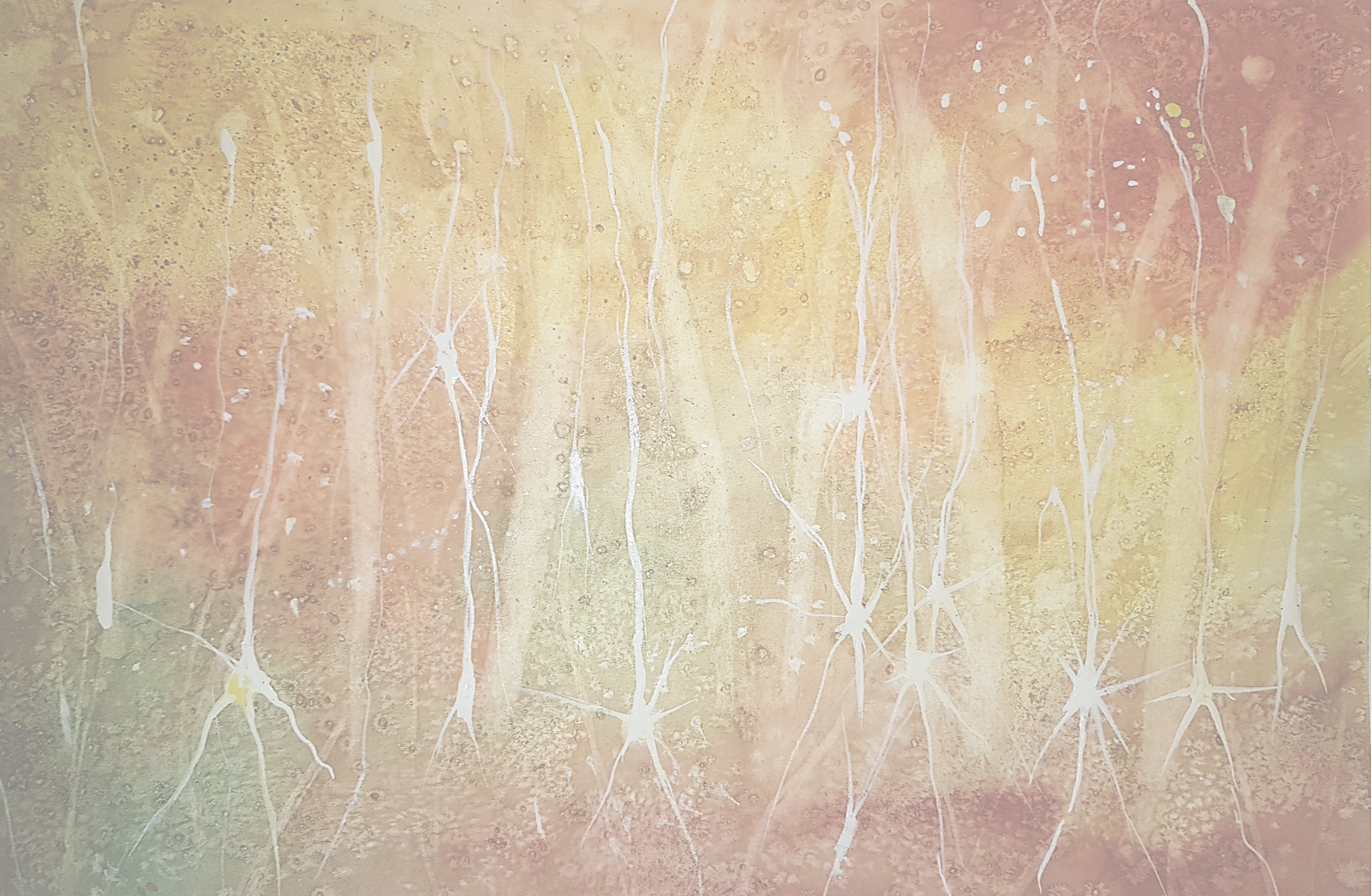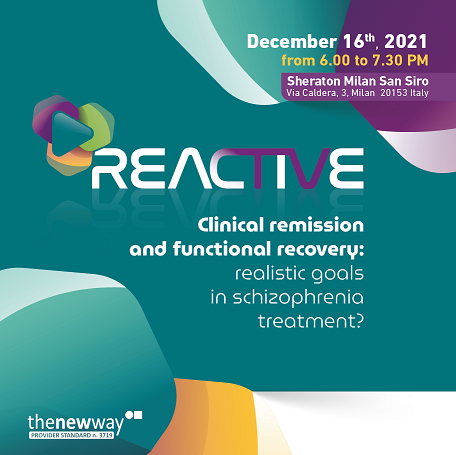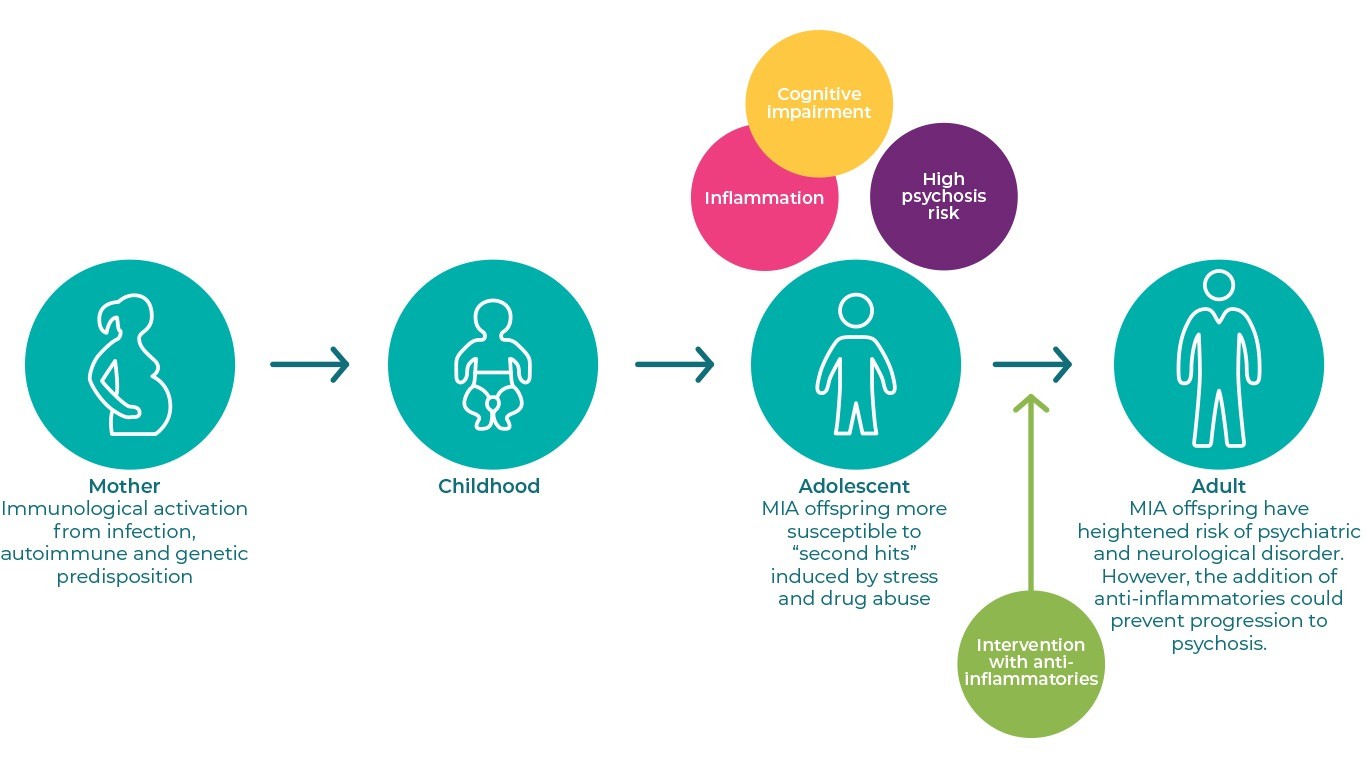Keep up to date on schizophrenia and Reagila with our newsletter.
Subscribe hereMastering the Diagnosis of Schizophrenia
Since no blood test or brain scan exists for schizophrenia, a great deal of attention must be paid to the constellation of symptoms that best define schizophrenia to ensure accurate diagnosis.
References
- American Psychiatric Association. DSM-5 Diagnostic Classification in Diagnostic and Statistical Manual of Mental Disorders (2013). doi:10.1176/ appi.books.9780890425596.x00 diagnosticclassification
- WHO. International statistical classification of diseases and related health problems – 10th revision. World Heal. Organ. (2011).
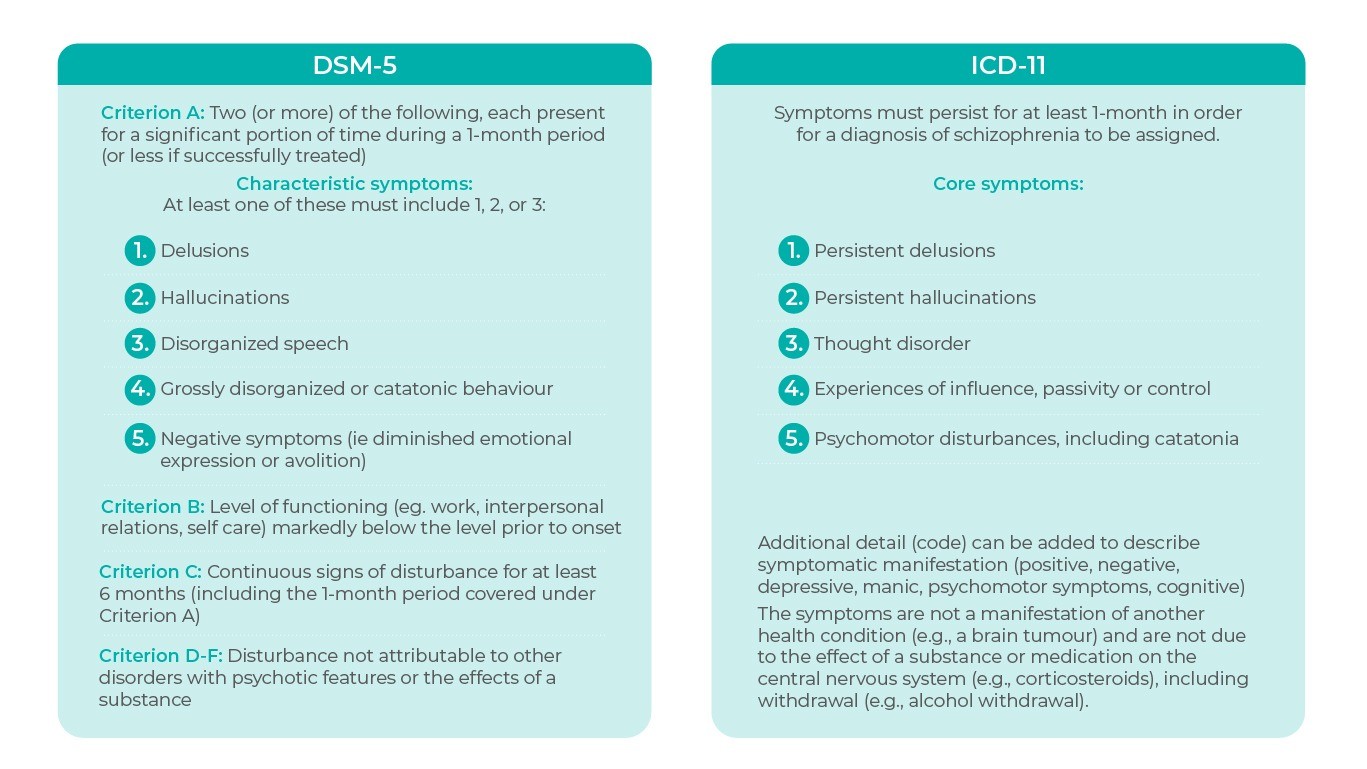

What is the Connection Between Inflammation and Schizophrenia?
Over the last few decades there has been increasing interest in early intervention and prevention of schizophrenia, a topic recently reviewed by Hashimoto and published in the Current Psychiatry Reports journal.1
References
- Hashimoto. Current Psychiatry Reports. 2019;21:75

Interview with Prof. LLORCA
Latest trends in schizophrenia treatment
Prof. Llorca talks about functioning and innovative approaches to schizophrenia treatment.
Watch the full interview hereTreating Schizophrenia
The goal of schizophrenia treatment is to reduce the frequency and severity of psychotic episodes, as well as to improve the functional capacity and quality of life of individuals with schizophrenia, ultimately resulting in patient recovery and reintegration.
References
Haller, C. S., Padmanabhan, J. L., Lizano, P., Torous, J. & Keshavan, M. Recent advances in understanding schizophrenia. F1000Prime Rep. 6, 1–11 (2014).
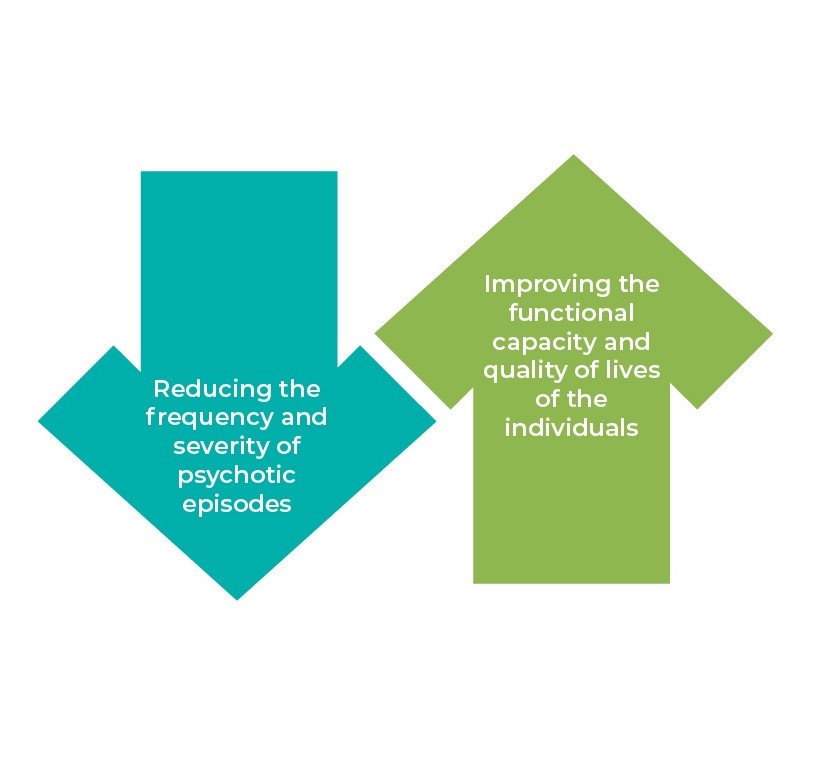

The Challenge of Negative Symptoms in Schizophrenia
Negative symptoms can be difficult to recognize as part of schizophrenia, they are rarely the reason patients seek help, and treatment remains a challenge for patients with these complicated and heterogeneous symptoms 1,2.
References
- National Institutes of Mental Health (NIMH). Schizophrenia. (2017). Available at: https://www.nimh.nih.gov/health/publications/schizophrenia-booklet/index.shtml.
Fischer, B. A. & Buchanan, R. W. Schizophrenia: Clinical Manifestations, Course, Assessment and Diagnosis. UpToDate (2017). Available at: www.up-to-date/schizophrenia. Lieberman, J. A. Is schizophrenia a neurodegenerative disorder? A clinical and neurobiological perspective. Biol. Psychiatry 50, 884–897 (2001).
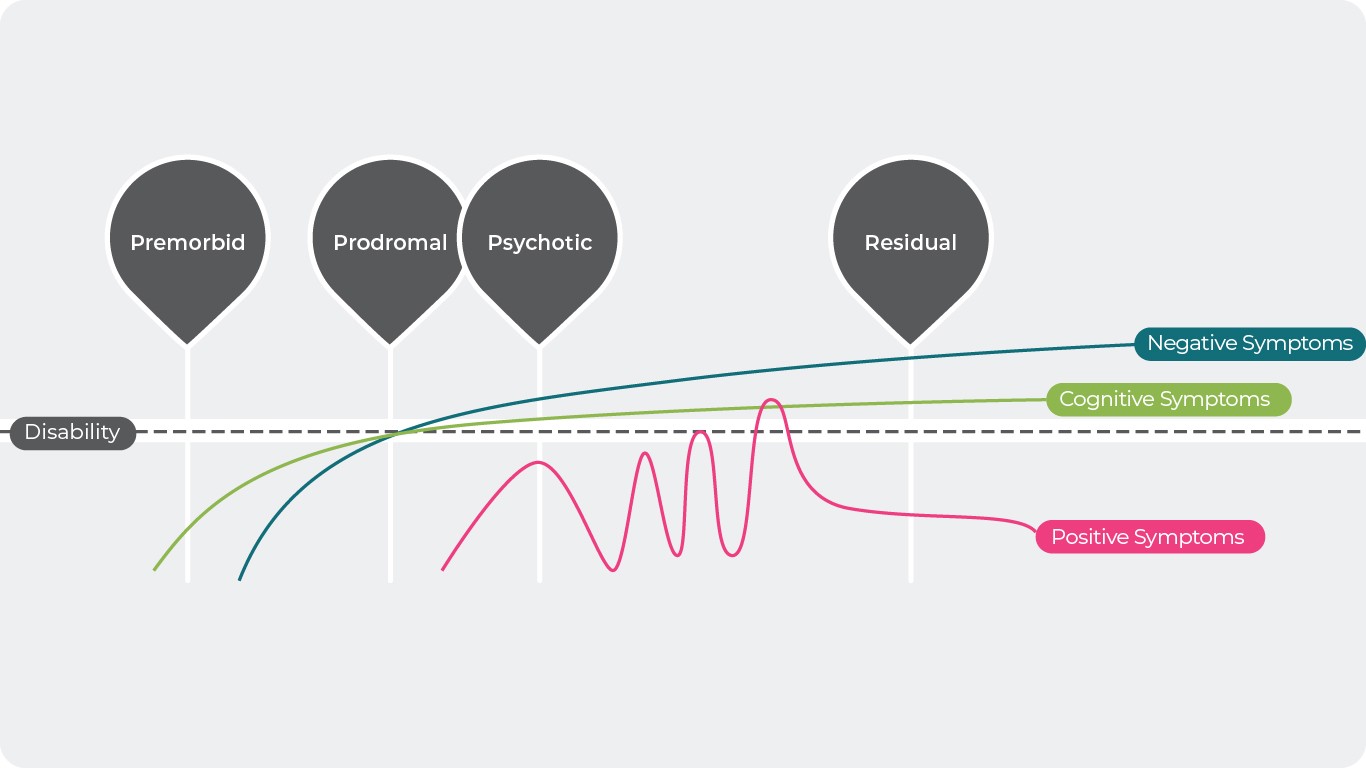

HOW DOES OUR PRODUCT WORK?
Find out more about its mechanism of action
more…ANTIPSYCHOTICS, DIFFERENT MOAS?
The clinical efficacy profile of typical antipsychotic agents appears to depend on high affinity for and full antagonist activity at dopamine D2 receptors. Due
more…
